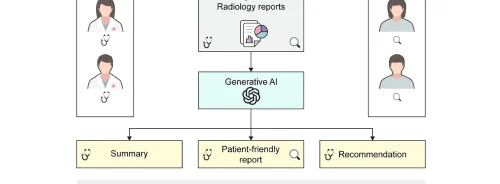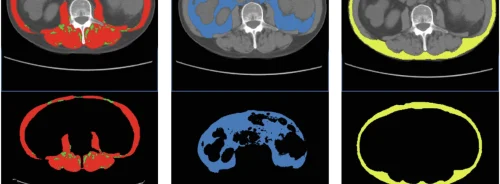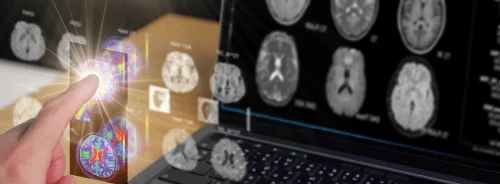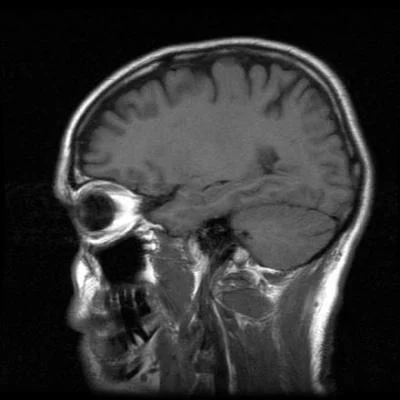A study of about 247,000 elderly patients
who were subject to gadolinium-enhanced MRIs has shown that there was no
significant association between exposure to the contrast agent and parkinsonism.
The study was conducted because of growing safety concerns over retained gadolinium in the globus pallidi (an area of the brain), whereas neurotoxic effects have been seen in animals and when gadolinium is given intrathecally to people.
Blayne Welk, M.D., M.Sc., of Western University, London, Canada, and colleagues conducted the study appearing in JAMA in order to assess any link between exposure to the contrast agent and the degenerative disorder of the central nervous system characterised by tremor and impaired muscular coordination.
The study used multiple linked administrative databases from Ontario, Canada among patients aged over 66 who underwent an initial MRI between April 2003 and March 2013.
Patients who were exposed to gadolinium-enhanced MRIs were compared with patients who received non-gadolinium-enhanced MRIs.
Of the 246,557 patients undergoing at least one MRI and not of the brain or spine, 99,739 (40.5 percent) received at least one dose of gadolinium. Among patients who underwent gadolinium-enhanced MRIs, 81.5 percent underwent a single study, and 2.5 percent underwent four or more gadolinium-enhanced studies. Incident parkinsonism developed in 1.2 percent of unexposed patients and 1.2 percent of those exposed to gadolinium.
The authors of the study concluded that the outcome did not support the hypothesis that gadolinium deposits in the globus pallidi lead to neuronal damage manifesting as parkinsonism. However, further studies will continue following reports of other nonspecific symptoms (pain, cognitive changes) after gadolinium exposure, they said.










